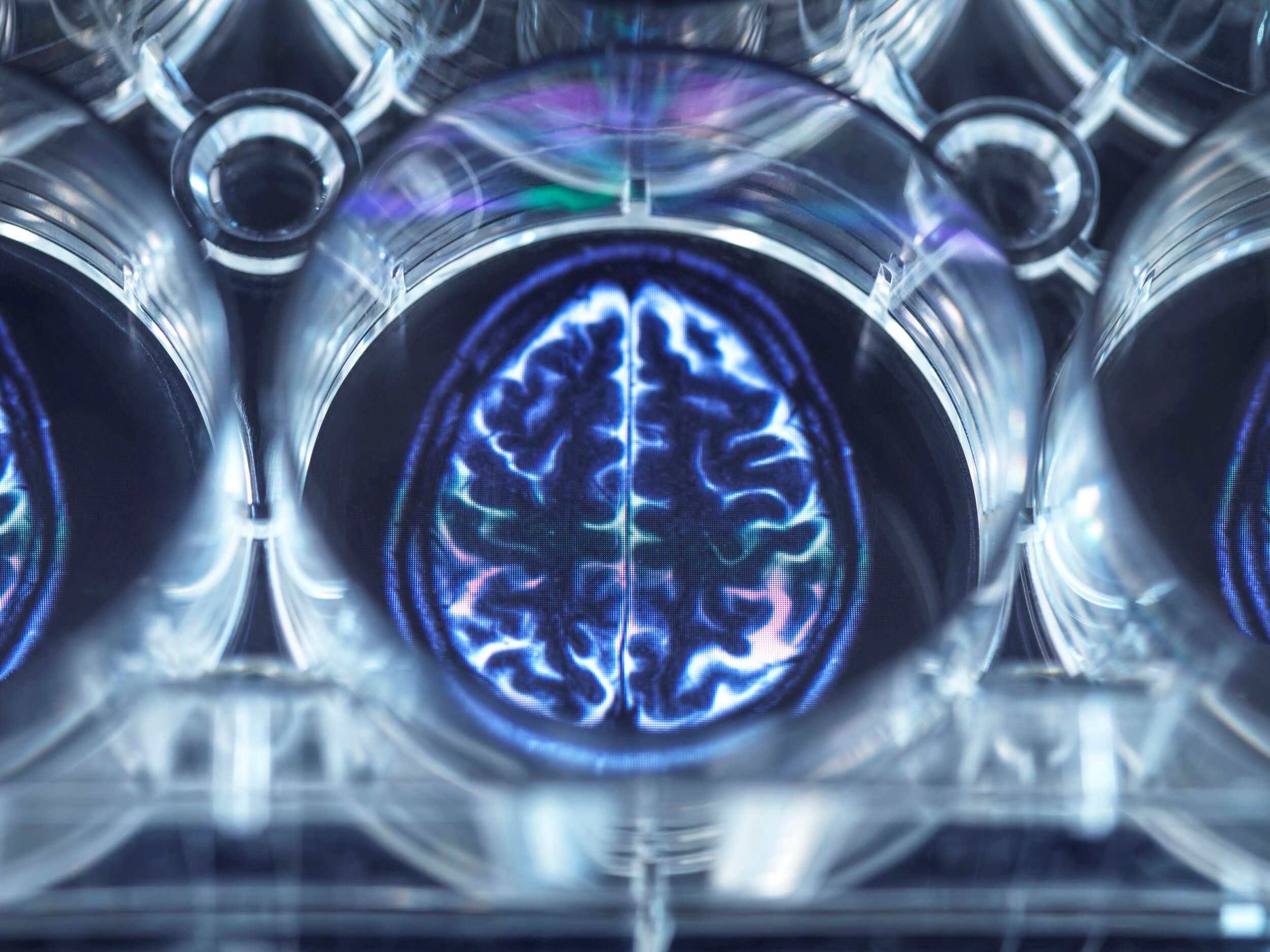The results are in and it doesn’t look good.
If you’ve been struggling with long-term chronic sleep issues, this might just be the information you need to really face the problem and make some changes. Millions of people around the world live with insomnia, and many just learn to deal with it and try to get through their days even though they’re exhausted most of the time. It’s common for stressed and overworked people to believe that if they work until 3am and get up for a meeting at 6am they can always just sleep well the next night and it will all balance out.
Fair enough – sleep researchers used to believe that sleep debt could be repaired by having a good night’s sleep, but new studies are showing that this might not be the case after all. In fact, quite the opposite. Chronic sleep deprivation is now being linked to potential brain damage.
Sounds scary, but it’s true. A study in the Journal of Neuroscience revealed that staying awake too long actually destroys brain cells in mice, which means it could do the same in humans. Researchers studied neural activity in mice by putting them on rotating sleep schedules that included normal rest, short periods of wakefulness and extended periods without sleep. They were trying to mimic a human shift worker’s sleep routine, and what they discovered is that those extended periods without sleep actually led to impaired neurological cell function and the death of brain cells in the mice.
After each sleep period, researchers looked for evidence of damage to the brain and decreased ability to function, focusing on the area of the brain known as the locus coeruleus (LC). LC neurons help regulate our arousal, wakefulness, memory, attention, emotions and cognitive function. What the researchers found was that after long periods of sleeplessness, there were changes to this part of the brain. The mice could cope well with short-term sleep loss, but chronic and severe sleeplessness caused diminished function and the eventual loss of brain cells.

I know what you’re thinking: But those are mice, not people! True enough. Our brains do work differently, but scientists believe this is an important discovery and could relate to humans as well. But just to convince you even more, another study based in Sweden looked into the effects of one single night of sleep deprivation on healthy young men. They discovered that one night of sleep loss caused the blood concentration in the young men’s brain cells to rise by 20 percent – levels that can indicate neural damage.
These studies that are surfacing, along with many more, are troubling new evidence that supports the idea that sleep issues are not to be put on the back burner or just endured. You don’t need to live your life in fear if you have one night of tossing and turning. But if you’re regularly getting less than 7 hours of sleep a night, it might be time to deal with it once and for all so you can ensure a better quality of life and a healthier future.
If this is you please reach out to me so I help you fix your sleeping struggles. A peaceful night’s sleep is just a Free Consultation away!
Sweet dreams,
Claudine x



